|
Imagine a god personified as a basketball player. That would be Boston Celtics’ great Bill Russell, who died this week at the age of 88. In every way, Russell was larger than life. Many tributes this week have focused on his social activism and major contributions to the advancement of human rights, all of which are deserving of the highest praise.
But here I want to share my impression of him as a player. I only had the privilege to see him play during the last year of his career, but I have watched hours of old footage and studied everything I could about Russell, including his writings, old articles, interviews, and the reminiscences of his coach, teammates, and competitors. What I know is that there has never been a player like him in the history of basketball. His achievements on the court are remarkable. Russell won back-to-back state championships in high-school, back-to-back NCAA championships at the University of San Francisco, an Olympic gold medal in 1956, and 11 NBA championships in 13 seasons, including two as player-coach. He played in a high-pressure, win-or-go-home Game 7 a total of 21 times in his playoff career. His record was: 21-0.
Russell’s physical attributes were impressive. At 6’10”, not only was he one of the tallest players on the court, he was also among the fastest and most athletic. Russell could jump high enough to touch the top of the backboard. Only a few players in the history of the sport could do that. But that is not why I call him a basketball god.
In his unique style of play, Russell embodied the highest of virtues: honor, awareness, selflessness, vision, creativity, discipline, concentration, resilience, commitment, decisiveness, and perhaps most importantly, perfect joy. “To me, the most important part of winning is joy,” he said. “Joy is a current of energy in your body, like chlorophyll or sunlight, that fills you up and makes you naturally want to do your best.” When Russell came into the NBA, the first thing he did was scout his own team to assess the strengths and weaknesses of the Celtics’ players. Rather than ever criticize his teammates publicly or in private, he chose to play to their strengths and fill in for their weaknesses. Russell did whatever the Celtics needed in order to win. That meant focusing on rebounding and defense.
He averaged an astounding 22.5 rebounds per game, and he is second on the all-time list of total career rebounds to his dear friend and lifelong rival, Wilt Chamberlain. The battles between Russell and Chamberlain on the court were legendary. Some consider it the greatest rivalry in the history of sports. While Chamberlain tended to have better personal statistics when the two great centers went head-to-head, Russell’s record against him was 86-57 overall, counting both regular season and playoff games. To him, “the only important statistic is the final score.”
As a defender, Bill Russell revolutionized the game of basketball. Prior to him, defenders were taught not to leave their feet. It was part of the fundamentals that most coaches would stress to their players. Russell introduced verticality in a way that had never been seen before. Watching him block shots is breathtaking, as you can see for yourself: He would jump just high enough to change the trajectory of a shot, essentially tipping the ball to himself. Then, before the other team could react, he would launch outlet passes to his teammates to start the vaunted Celtics’ fast break. In winning eight consecutive championships, Russell’s Celtics ran other teams off the court. Their transition game was perhaps as efficient and devastating as that of any team in NBA history, and it all began with Russell’s defense and rebounding. At the time he played, the NBA did not keep track of blocked shots. If it had, it is very likely that Russell would still hold the all-time record for most blocks per game. He was aware of how much he intimidated opponents with his defensive prowess. “The idea is not to block every shot,” he observed. “The idea is to make your opponent believe that you might block every shot.” Russell may have invented this airborne approach to basketball because of how much joy it brought him. He said that jumping made him happy, and he noticed the same tendency in other players. “On their way back to the floor after a particularly high leap, they bend their legs more than they need to, just to prolong the sensation,” he observed.
To me, Bill Russell was the consummate team player. Always stressing the value of teamwork and camaraderie, he said, “The most important measure of how good a game I played was how much better I’d made my teammates.” Russell believed he could will his team to win, and he was right. One of the most iconic images from the Boston Celtics’ dynasty showed Russell on the court, grabbing his teammates’ hands to form a human chain. He prized and nurtured the connection between teammates working towards a common goal, maybe as much as any NBA player ever has.
Russell epitomized the power of visualization. As a teenager, he discovered that he could gain new basketball skills through mental rehearsal. First, he would imagine himself doing it perfectly, and then he would go on the basketball court and make the move he had visualized. “When the visualization worked, and the ball went in, I was so elated I thought I’d float right out of the gym,” he recalled. “I managed to transfer something from my head to my body.” Hours before a game, Russell would visualize how the game would unfold, from start to finish. Often while on the court, he had the sensation of playing in slow motion. “I could sense how the next play would develop and where the next shot would be taken,” he said. “My premonitions would be consistently correct.” On a few occasions, Russell claimed to experience levitation while on the court. He said, “The feeling would spread to the other guys, and we’d all levitate.” Besides being the stuff of legend, this anecdote supports my initial assertion. It is unlikely that any basketball player will ever match Bill Russell’s astounding success on the court. He was literally at the center of one of the greatest dynasties in sports history. There is no denying that he had a great coach in Red Auerbach and numerous Hall of Famers as teammates. But before Russell arrived, the Celtics had never played in an NBA Finals game. Then they won a championship his first season and also his last, with another nine in between. Between 1959 and 1966, the Celtics won eight consecutive championships. That is what happens when you have the rare privilege to play with a basketball god.
3 Comments
|
I want to hear from you! Please share your questions and comments. And sign up for my newsletter, where I will pass along the insights, ideas, and inspiration that come my way.
Contact me:Archives
November 2023
|
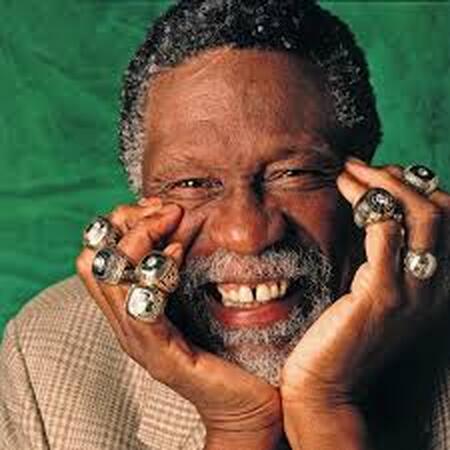
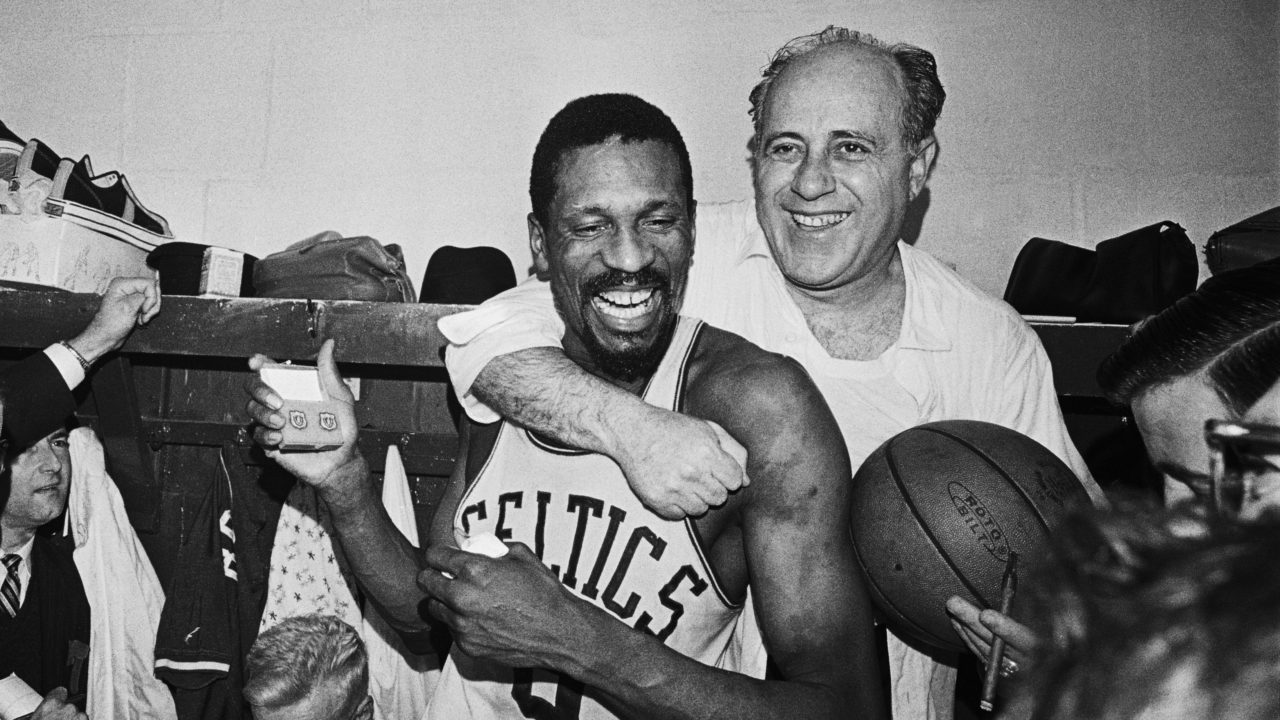
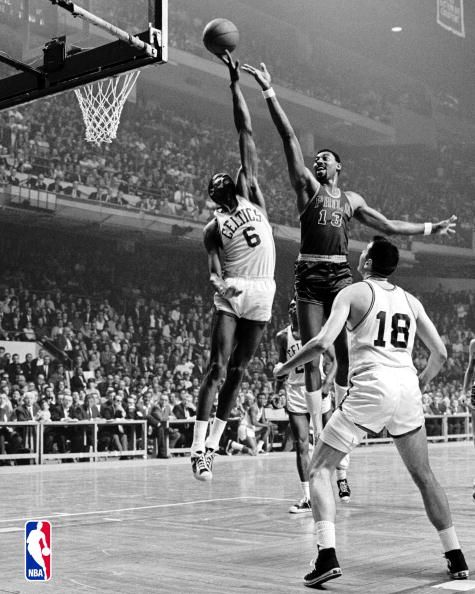
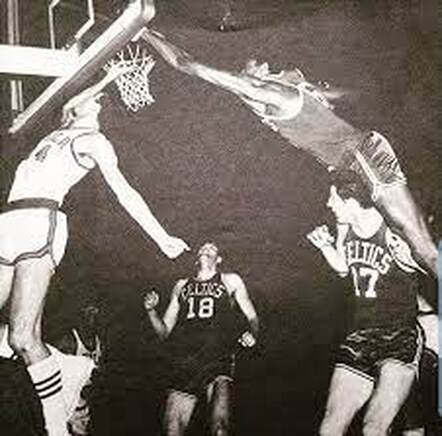
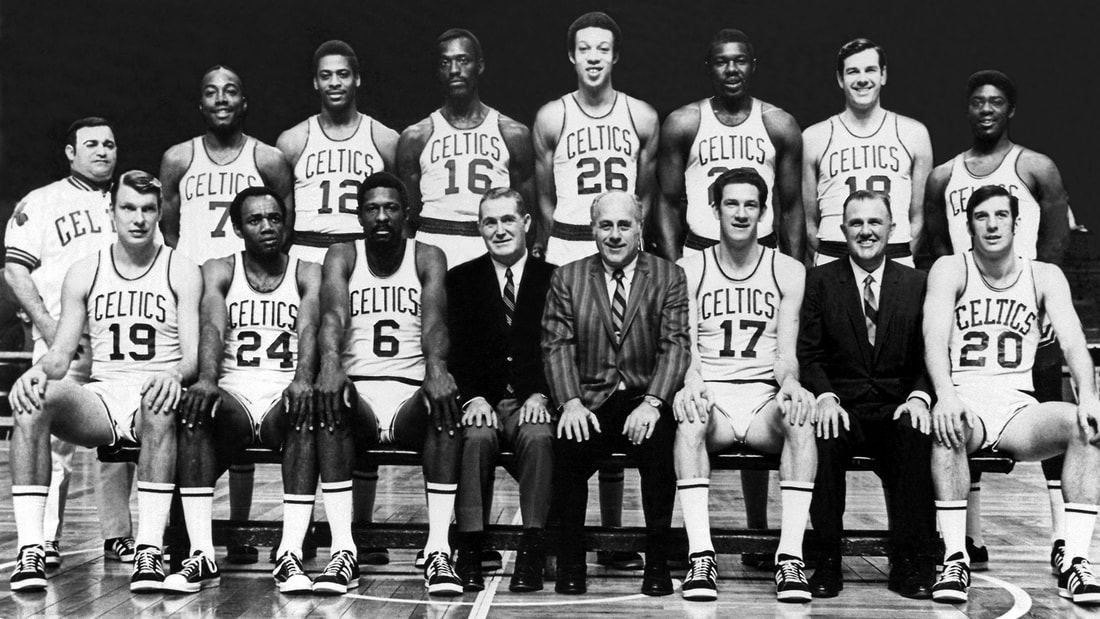
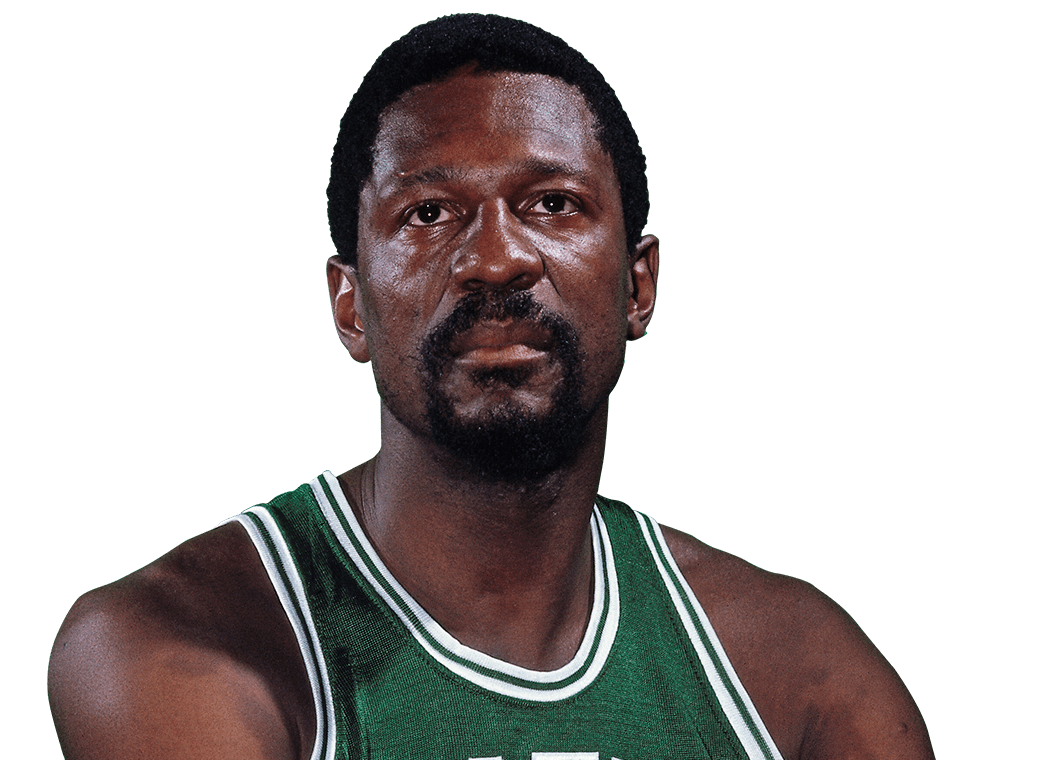

 RSS Feed
RSS Feed
